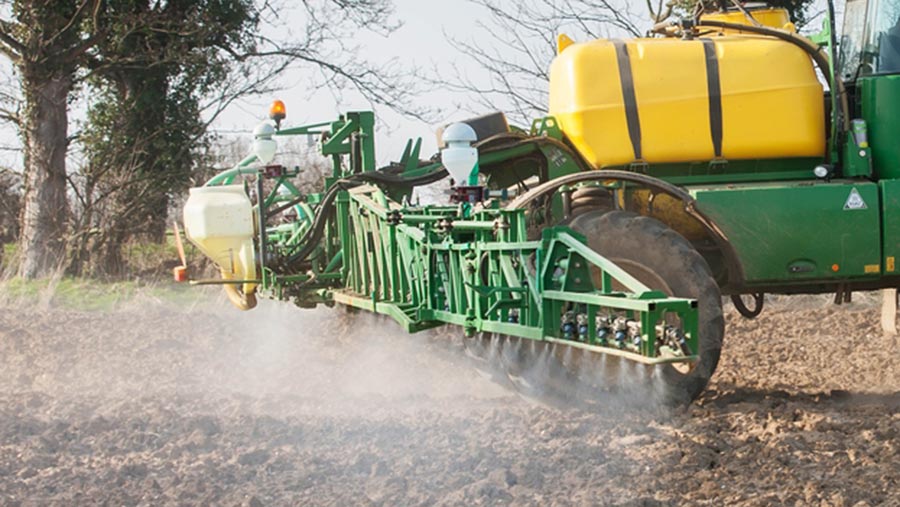Positive signals from Brussels over future of glyphosate
 © Tim Scrivener
© Tim Scrivener EU Commission president Jean-Claude Juncker has backed the EU’s procedures for assessing the safety of glyphosate, providing another indication that the weedkiller should have its licence extended later this year.
According to Mr Juncker, “there is no reason to doubt the scientific evaluations and the conclusions on glyphosate made by the European Union”.
He said the EU’s regulatory system was “robust” and that it “assured high protective norms for humans and the environment.”
See also: EU scientists reject glyphosate cancer claims
Mr Junker was responding to a letter from a coalition of green and socialist MEPs dated 23 March, which complained that unpublished, industry-funded research papers were used in the assessment of glyphosate by the European Chemicals Agency (ECHA) and the European Food Safety Authority (Efsa).
Both advisory bodies concluded the product was not carcinogenic.
This, said the MEPs, was a matter of “deep concern”, since some of the key studies were co-authored by a former Monsanto expert. The letter said the commission should investigate the validity of these studies and not re-licence glyphosate until this process was completed.
But in reply Mr Juncker said the agencies considered both published and unpublished studies in their deliberations, including those submitted by the applicants, in accordance with international norms.
More weight was given to the former, rather than the latter, he added, pointing out that the research paper referred to in the MEPs’ letter was just one of 700 considered by the EU authorities.
Formal report
Mr Juncker said that once the ECHA had submitted its formal report – expected soon – the commission would resume discussions with member states, with a view to taking a decision within six months.
At the very latest, it must reach a conclusion on the future of glyphosate by 31 December 2017.
Meanwhile, EU farmers group Copa has written to Mr Juncker demanding a 15-year licence extension for glyphosate, as spelled out in EU legislation for pesticides with a clean bill of health.
“Questioning EU science-based decision-making processes will only have an adverse impact on the credibility of the EU authorities and undermine our high safety standards,” said secretary general Pekka Personen.
Earlier this month agriculture commissioner Phil Hogan indicated in a speech to the European Economic and Social Committee that he was hoping for an extension of “at least the next 10 years”.

